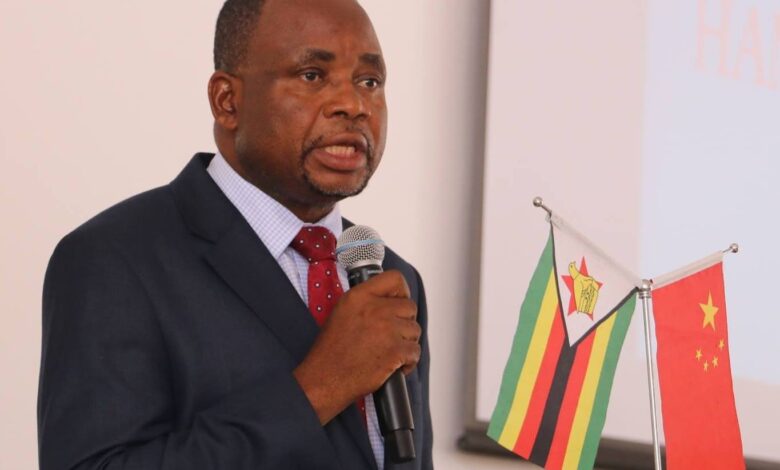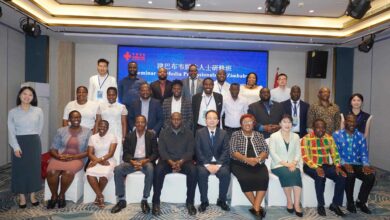Mavima Urges Urgent Investment in Skills and Entrepreneurship to Power Zimbabwe’s Economic Transformation

Zimbabwe’s Minister of Skills Audit and Development, Paul Mavima, has made an impassioned call for urgent national investment in skills development and entrepreneurship, declaring human capital—not minerals—as the true engine of economic transformation. Speaking at the Money and Wealth Summit in Harare, Mavima emphasized that the nation’s wealth lies in its people, particularly the youth.
“Our most valuable national asset is not buried beneath the ground — it walks among us. It is our human capital. It is our youth,” Mavima told delegates, highlighting a shift in focus from natural resources to talent development.
The Minister outlined the government’s new approach, rooted in a “skills first” development model aligned with the popular national mantra: “Nyika inovakwa nevene vayo, Ilizwe lakhiwa ngabanikazi balo” — meaning “a nation is built by its owners.” He stressed that real, market-relevant skills, rather than paper qualifications alone, would be the catalyst for growth.
“The journey from potential to prosperity begins with vibrant skills development. Not just degrees, but real, market-relevant, adaptable skills,” Mavima said. “When our people are skilled, they work smarter. They innovate. They solve problems. They lead.”
Mavima referenced global examples like Singapore, South Korea, and Rwanda as models where strategic investment in human capital led to economic resilience and competitiveness. He challenged Zimbabweans, particularly the youth, to reject the idea that opportunities exist only abroad.
“Let us stop exporting raw materials and instead export finished products proudly stamped ‘Made in Zimbabwe’. The time is now,” he declared.
To this end, the government has launched a national Skills Audit and Development programme, designed to map the country’s talent landscape, identify priority sectors, and align education and training with current and future labour market needs.
“We have mapped skills gaps, identified priority sectors, engaged stakeholders, and begun aligning our education and training systems with entrepreneurship and employment demands,” Mavima explained.
He also emphasized the need for incentives that support industries absorbing young talent and called for a reduction in bureaucratic hurdles that hinder youth-led enterprises.
“Competitiveness is no longer optional — it is essential. We must invest not only in quantity but in the quality of skills, from climate-smart agriculture to coding, from digital marketing to precision engineering,” he said.
In his concluding remarks, Mavima addressed the youth directly: “You are more than a demographic dividend — you are a force to reckon upon. You are the catalysts for our future wealth.”
The minister’s remarks signal a clear shift in Zimbabwe’s development trajectory, placing skills, innovation, and entrepreneurship at the heart of the country’s strategy for sustainable growth and economic independence.




